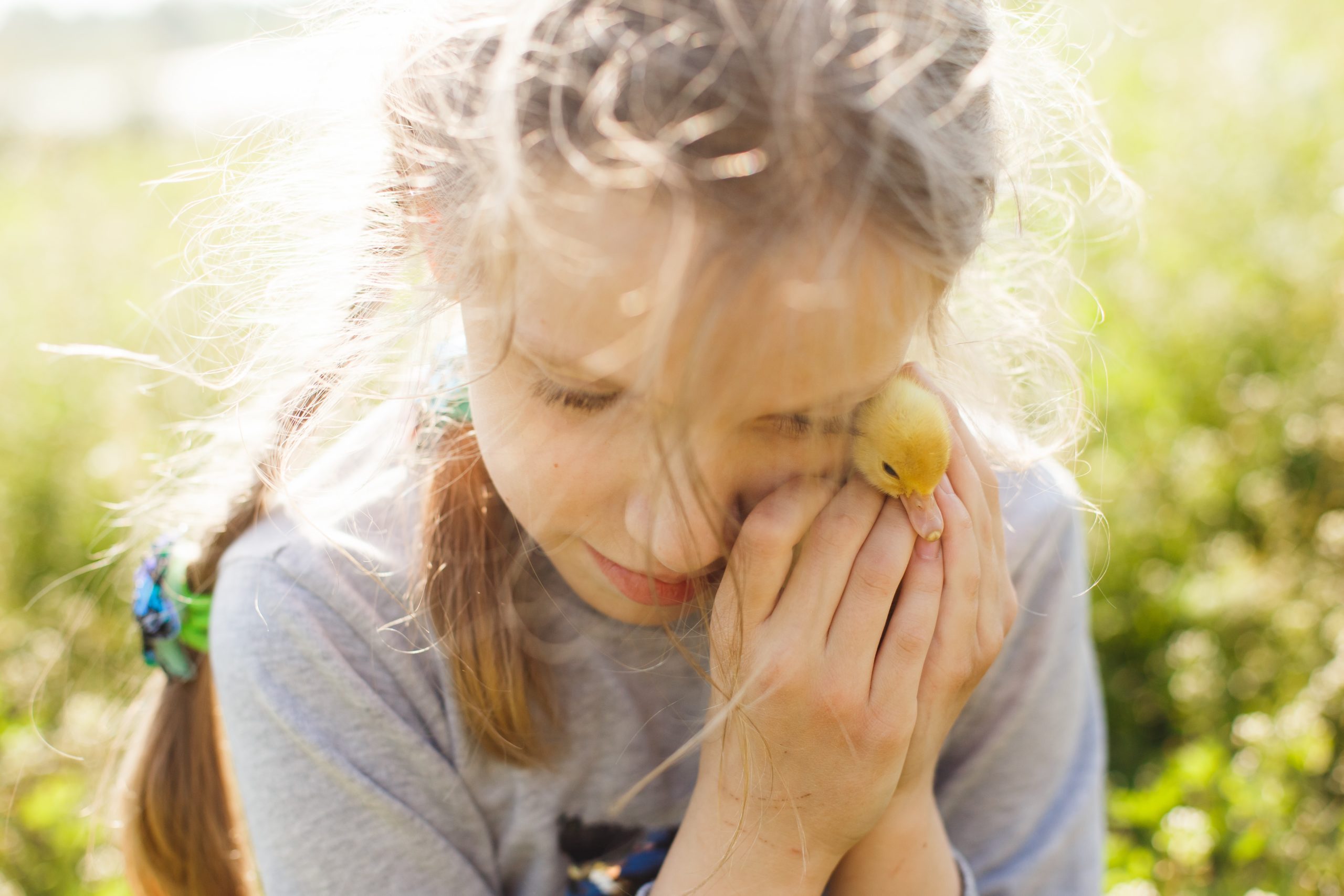Managing mental health can be extremely difficult, from childhood into adulthood. It’s important to give children the tools to self-soothe early on so that they can better manage their mental health in adulthood. In this article, we will explore 5 self-soothing techniques you can teach children to help them manage their mental health.
Make a List of Things You Are Grateful For
When mental health gets us down, it can be difficult to focus on things that we’re grateful for. If your child is in an anxiety spiral, it can feel overwhelming, and it’s important to help settle that. Encourage them to write down a list of things they’re grateful for. This can help settle their mental state and remind them of all the good things around them. Suggest that they start small and just choose three things they are most thankful for. It might be friends at school, family members, or a fun activity they can do during the weekend.
Plan an Activity to Look Forward To
Routines are important for children, but so are breaks. Plan a fun activity to shake things up for your child or, better yet, help them brainstorm fun activities that they can plan for themselves. Having events to look forward to can help motivate them to connect with friends and family and enjoy activities that can act as a de-stressor.
Show Them That They Have a Support Network
Spending time with those you love and trust can help you navigate challenges. With the pandemic at an all-time high, some schools are returning to remote learning. If you are able to engage in safe activities outside with family or close friends, this can reaffirm to your child that they have a support network. Teach them that they can rely on supportive friends and family and talk about their feelings.
Use Positive Self-Talk
Never underestimate the power of self-talk! Speaking to yourself in a kind and positive tone can change the narrative of your day. If you catch your child being self-deprecating, encourage them to turn that into positive self-talk. This can be a big challenge, especially for someone struggling with their mental health. Start small! One positive thought in the morning can help them set the tone for the entire day.
Go on a Walk and Move Your Body
Moving your body can help your mental health significantly. If your child is feeling overwhelmed, take a walk with them to help them clear their head. No talking need be necessary, unless they feel like talking about their feelings. Exercising also releases endorphins, which can help boost the mood naturally.
We hope this article helps you manage your stress and mental health during challenging times. For further assistance, explore our other resources! Need a neurobehavioral assessment? Contact NeuroBehavioral Assessments today to learn more or to set up an appointment!





